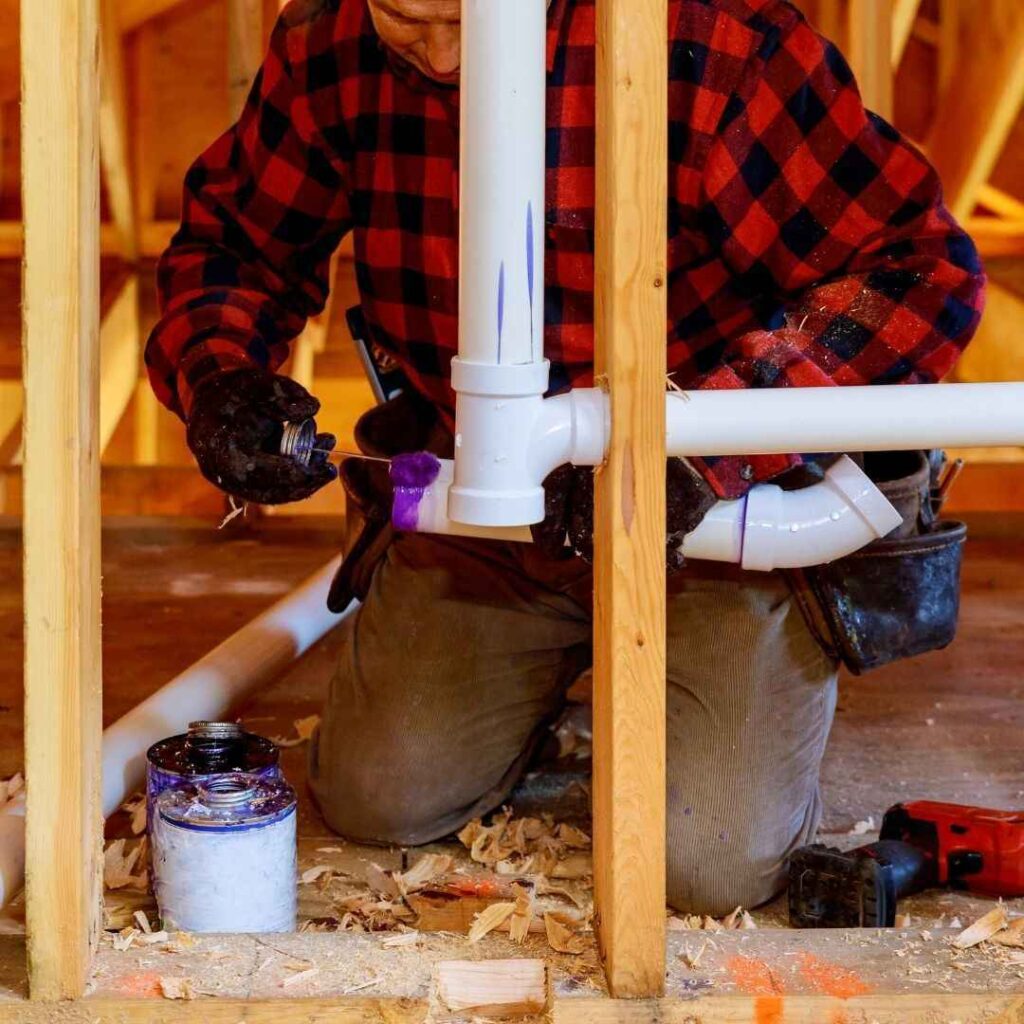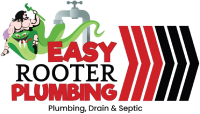Does Chlorine Have an Effect on Your Plumbing System?

Water treatment facilities are known for adding chlorine to public water supplies to disinfect and kill bacteria. The main purpose behind this is to provide us with safe drinking water. Drinking water free from infections protects us from several health issues, such as dysentery, cholera, and diarrhea.
Still, have you ever thought about its impact on your pipelines? Yes! the chlorinated water you drink and use in households also goes into your plumbing system. Do you know how chlorine interacts with pipes, fixtures, and appliances? Is it good or bad for pipes?
In this blog, you’ll explore the impact of chlorine on plumbing systems, what you can do to prevent any potential damage, and when to contact a plumbing repair contractor in Reno, NV.
| Get Expert Advice on Chlorine and Your Pipes – Call Us Today! |
Effects of Chlorine on Your Plumbing System
Chlorine is used for disinfecting water due to its low cost, effectiveness, and stability. However, it can also negatively impact pipes in the long run. Over time, exposure to chlorine can degrade certain pipes, fixtures, and appliances, which can only be fixed by a professional plumber.
Let’s find out how chlorine can impact different parts of your plumbing system:
1. Pipes and Fittings
Water comes in direct contact with your pipes and fittings. However, chlorine impact mainly depends on the quality of pipes and their materials. For example:
- Galvanized steel pipes are most common in older homes or fittings. However, when exposed to chlorine over time, they are highly susceptible to corrosion.
- You might think that copper is a corrosion-resistant material, but the study shows that free chlorine is the leading cause of copper pipes' corrosion in chlorinated domestic water supplies. Chlorine residue can lead to leaks in aging pipes, reducing their lifespan.
- Modern homes mostly use PVC or PEX pipes, which are relatively resistant to chlorine. However, prolonged exposure can weaken these materials, leading to brittleness and potential leaks.
Overall, using PVC or PEX pipes can protect your plumbing from chlorine effects. However, you must contact a plumbing repair contractor in Reno, NV, for regular maintenance of your pipes.
2. Rubber Seals and Gaskets
Do you notice dripping faucets or running toilets in your home? Then, worn-out seals could be the culprit, and the main reason behind this is chlorinated water. Yes, chlorine can degrade rubber seals and gaskets in plumbing fixtures, causing leaks and inefficiencies.
3. Water Heaters and Appliances
Water heaters and many other appliances that are in direct contact with water can corrode due to excess chlorine in water. For example:
- Chlorine exposure can corrode the anode rods in water heaters, reducing efficiency and lifespan.
- Appliances like dishwashers or washing machines can experience premature wear due to chlorine-related deterioration of internal components.
4. Faucets and Showerheads
You might notice rusting and stains on your faucets and showerheads. Chlorinated water impacts them through corrosion, resulting in discoloration, reduced water pressure, and leaks.
How to Identify Chlorine Damage in Your Plumbing System?
Some signs can easily represent chlorine damage. So, if your plumbing system is experiencing chlorine-related issues, you might notice:
- Leakages: If you are experiencing small leaks, it can be due to weakened pipes and fittings.
- Discolored water: Rusty or brownish water often signals corroded and damaged pipes.
- Strange Odors or Tastes: Water that smells or tastes like chlorine might indicate excessive chlorine levels that affect your plumbing.
- Reduced Water Pressure: Mineral buildup and pipe damage caused by chlorine can lead to lower water pressure.
Moreover, if your plumbing appliances require frequent repairs, the chlorine in the water might be damaging them.
Methods to Protect Your Plumbing System from Chlorine Damage
You can follow these simple ways to maintain a healthy plumbing system. Take a look:
1. Use Chlorine Resistant Pipes
If you have a very old pipe fitting, it’s time to replace it. Old pipe materials like steel and copper are more subjected to chlorine corrosion. Instead of metal pipes, you can use chlorine-resistant materials like cross-linked polyethylene (PEX).
2. Use a Whole-House Water Filtration System
Installing a whole-house water filtration system with activated carbon can help reduce chlorine levels in your water before they come into contact with your pipes and appliances. This protects your plumbing system from long-term damage and improves the taste and quality of water.
3. Schedule Regular Plumbing Inspections
You may not notice the warning signs of chlorine damage immediately, and it can lead to major damage in the future. That’s why the best option is to contact a plumbing repair in Reno, NV. A professional plumbing team can help detect early signs of chlorine damage and prevent costly repairs in the future.
| Improve Your Plumbing’s Lifespan – Contact Our Team Now! |
Takeaway
Chlorinated water prevents diseases, but it can also adversely affect your plumbing system. Therefore, it is necessary to identify chlorine corrosion and its impacts on time to avoid plumbing failures.
If you suspect chlorine-related damage or experience leaks, low water pressure, or corroded fixtures, it's best to call professional plumbers in Reno. A licensed and experienced plumber can quickly identify the condition of your plumbing system and suggest solutions to protect your pipes and appliances. You can also hire them for regular inspections and maintenance.
Protect Your Plumbing System From The Effects Of Chlorine with Professional Help from Plumbers in Reno
If you are looking for a plumbing repair contractor Reno, NV, contact us at Easy Rooter Plumbing.
We deliver quality and affordable services. We have been in the plumbing repair profession for over 46 years, so you can undoubtedly rely on us. Easy Rooter Plumbing has served over 16.5k clients over the years. Whether you need emergency plumbing services or regular plumbing inspection and repair, we are available 24/7 to serve you.
We also offer other important services like septic services, Hydro Jetting, plumbing excavation, fire system repair, and restaurant jetting.
So, call us at 775-382-7051 for any plumbing issues.
